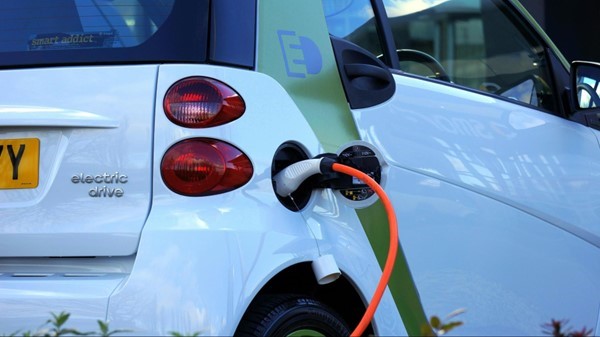 The quest for a sustainable future has accelerated the evolution of the electric vehicle (EV) market. At the heart of any EV’s performance lies its battery, a component that has seen considerable advancements in testing methodologies over recent years. This journey through the latest in electric vehicle battery testing reveals not just a pursuit of efficiency and safety, but a roadmap toward an electrified future.
The quest for a sustainable future has accelerated the evolution of the electric vehicle (EV) market. At the heart of any EV’s performance lies its battery, a component that has seen considerable advancements in testing methodologies over recent years. This journey through the latest in electric vehicle battery testing reveals not just a pursuit of efficiency and safety, but a roadmap toward an electrified future.
The Necessity of Rigorous Battery Testing
As EVs surge in popularity, the spotlight on battery testing intensifies. It’s not just about longevity or energy output; it’s a complex dance of ensuring reliability, safety, and compatibility with a variety of charging infrastructures. Understanding the intricate balance required illuminates why this field is buzzing with innovation.
Charging and Discharging Protocols
With the advent of rapid charging technologies, testing how batteries handle extreme charging and discharging scenarios has become paramount. The stress placed on batteries during fast charging is substantial, and understanding its impact helps in designing batteries that not only charge quicker but do so without compromising their integrity over time.
In the realm of advancing electric vehicle technologies, the importance of a robust system power supply cannot be understated, especially in the automated testing of EV batteries. Its role in consistently delivering the necessary power levels for testing ensures the reliability and safety of batteries before they are installed in vehicles.
Simulation of Real-world Conditions
One of the biggest challenges in battery testing is simulating real-world conditions in a lab setting. Advances in testing technologies now allow for more accurate simulation of how batteries will perform over their lifetimes, considering factors like temperature fluctuations, varying load requirements, and long-term degradation. This holistic approach is critical for tailoring batteries to the specific needs of different vehicle models and uses.
Automating the Testing Process
The automation of battery testing processes is another area where technological advancements shine. Automated test systems can run 24/7, significantly accelerating the testing phases and enabling more comprehensive stress tests under a multitude of scenarios. This not only speeds up development times but also ensures a higher degree of accuracy and reliability in the results.
Integration of Artificial Intelligence
The incorporation of artificial intelligence (AI) into battery testing signifies a leap towards precision and prediction. AI algorithms analyze vast datasets from battery use in real-world conditions, predicting outcomes of battery life, efficiency, and potential faults before they occur. This predictive analytics approach is revolutionizing how batteries are tested, moving towards a proactive rather than reactive strategy.
Advanced Diagnostics and Monitoring
Enhancements in battery diagnostics and monitoring tools offer unprecedented insights into battery health and performance. Such tools enable early detection of anomalies that could indicate potential failures. This capability allows for preemptive maintenance and avoiding potential hazards, ensuring EV safety and reliability at new levels.
Thermal Management Testing
Batteries operate within a delicate thermal balance. Too hot or too cold, and the battery’s efficiency and lifespan plummet. Advances in thermal management testing ensure that batteries can maintain optimal operating temperatures in varying environmental conditions. This segment of testing has become a playground for engineers, experimenting with materials and designs to enhance thermal resilience.
Future Outlook
Looking ahead, the trajectory of EV battery testing hints at even more groundbreaking developments. Emerging technologies, such as solid-state batteries, promise to further revolutionize the landscape of electric vehicles. The ongoing refinement of testing protocols and tools ensures that the EV industry is well-equipped to embrace these innovations, making the future of electric mobility exciting and full of potential.
Environmental Impact Considerations
Recent initiatives in battery testing also consider the environmental impact of battery usage and disposal. Researchers are continuously exploring new battery materials that are not only efficient but also environmentally friendly. This has led to a deeper understanding of battery recyclability and the potential for second-life uses, shifting the focus towards sustainability in the EV ecosystem.
Wrap-Up
The innovativeness found in electric vehicle battery testing methods reflects the industry’s commitment to advancing EV technology safely and efficiently. As these testing techniques evolve, they pave the way for batteries that are more reliable, durable, and suited to the demands of modern electric vehicles. This ongoing evolution is not just a technological endeavor but a critical step towards a more sustainable and electrified future.










